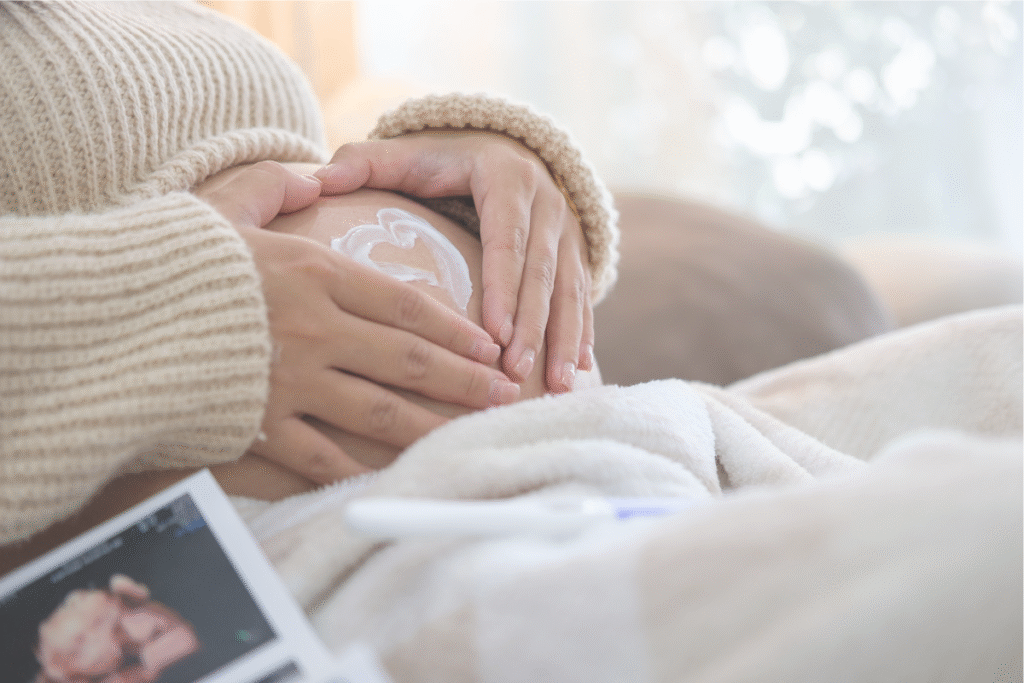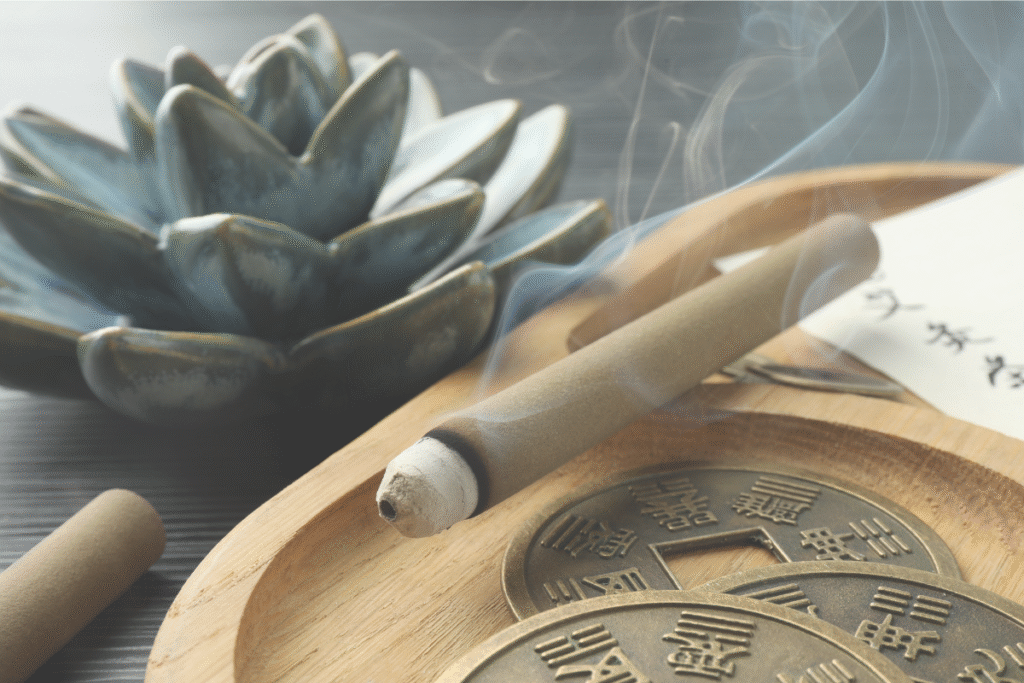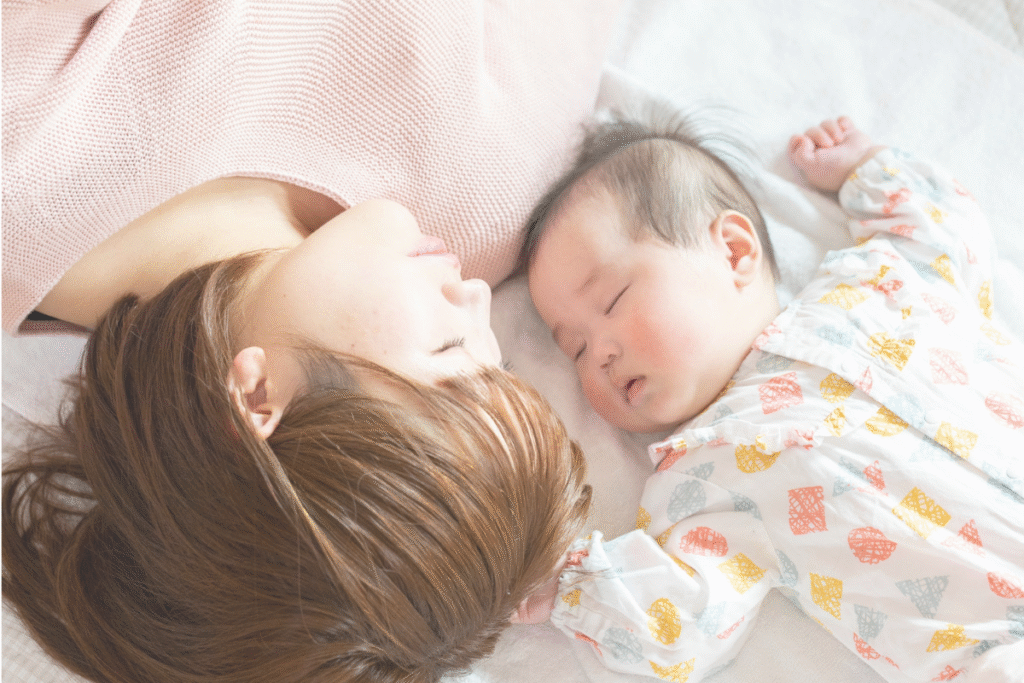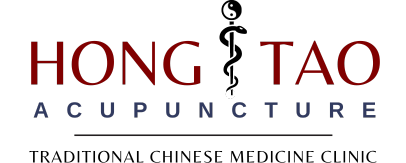
Specialist Pregnancy Support Rooted in TCM
Pregnancy places extraordinary demands on the body, physically, hormonally and emotionally. Acupuncture and Traditional Chinese Medicine (TCM) offer a gentle, clinically grounded way to support you through each trimester, helping your body adjust, strengthen and nourish both you and your baby naturally.
With over 16 years’ experience treating fertility, gynaecology, pregnancy and post-natal health, I support women through every stage, from early pregnancy to post-birth recovery.
Appointments are available in Marlow, Pinner and Thame, with online support also available.
Pregnancy Acupuncture: How It Helps
Supporting Early Pregnancy
In the first trimester, acupuncture can help stabilise the body’s internal environment by supporting:
-
progesterone-like warmth to protect early pregnancy
-
energy levels and fatigue
-
healthy blood flow to uterus
-
stress, anxiety and emotional wellbeing
This is especially helpful if you’ve experienced miscarriage, IVF cycles or anxiety around early pregnancy.

Common Pregnancy Symptoms Treated
Acupuncture and TCM are widely used to treat:
Morning Sickness & Nausea
-
regulates digestive Qi
-
supports fluid balance
-
calms the Stomach and Liver systems
Heartburn & Digestion Issues
-
strengthens Spleen and Stomach
-
reduces reflux and heaviness
Pregnancy Back Pain, Pelvic Girdle Pain & SPD
-
improves circulation
-
relieves tension and pressure
-
supports joint stability
Fatigue, Stress & Emotional Overwhelm
-
calms the nervous system
-
improves restorative energy
-
supports emotional balance

Turning a Breech Baby
Acupuncture and moxibustion are commonly used to encourage optimal foetal positioning. The treatment does not forcibly turn the baby, but tonifies the energy that is deficiently holding the baby in its correct position. Treatments focus on improving pelvic circulation and relaxing uterine tension.
Birth Preparation & Natural Labour Support
From 36–40 weeks, acupuncture can help:
-
soften your sinews and tendons and prepare the cervix
-
optimise pelvic blood and energy circulation
-
calm anxiety and tension in the body
-
encourage the natural onset of labour
This is not forcing or overstimulating labour: it supports the body’s readiness.

Post-Natal Acupuncture (Post-partum Care)
Why Post-Natal Recovery Matters
Birth, whether straightforward or complicated, significantly depletes Qi, Blood and Yin: your vital energies. Post-natal acupuncture focuses on rebuilding the body so recovery is smoother, stronger and more emotionally balanced.
Common Post-natal Concerns Treated
-
low energy and exhaustion
-
“post-natal depletion”
-
anxiety or low mood
-
breastfeeding challenges
-
poor appetite or digestion
-
lingering musculoskeletal pain
-
hormonal fluctuations
-
sleep disruption
How Treatment Supports Recovery
-
restores circulation and Qi
-
strengthens digestion and nutrient absorption
-
calms mind and emotions
-
improves milk flow and breast comfort
-
supports pelvic restoration
-
enhances overall vitality
What Patients Say
Where I Work
Marlow (Buckinghamshire)
Pinner (Harrow)
Thame (Oxfordshire)
Online support also available.
FAQs – Questions and Answers about Pregnancy Acupuncture and TCM for Post-partum Recovery
1. Is acupuncture safe during pregnancy?
Yes. When performed by a qualified practitioner trained in obstetric acupuncture, treatment is considered very safe. I use gentle, pregnancy-appropriate points that support hormonal balance, reduce symptoms, and help stabilise early pregnancy.
2. Can acupuncture help prevent miscarriage in early pregnancy?
Acupuncture cannot change genetic factors, but it can support the underlying patterns that influence early pregnancy stability, such as sufficient progesterone and warmth, blood flow, stress regulation, and immune balance. Many women use acupuncture in the first trimester for emotional reassurance and physical support.
3. What pregnancy symptoms can acupuncture treat?
Common conditions include nausea and vomiting, fatigue, anxiety, headaches, constipation, heartburn, insomnia, pelvic girdle pain (SPD), sciatica, carpal tunnel syndrome, and general tension. Treatment is personalised depending on what your body needs at each stage.
4. When should I start acupuncture during pregnancy?
Many women begin as soon as they test positive, particularly after IVF or a history of miscarriage. Others start later for symptom relief or birth preparation. Treatment can be supportive at any stage.
5. How does acupuncture help prepare for labour?
From around 36–37 weeks, specific treatment focuses on softening and ripening the cervix, improving pelvic circulation, regulating hormones, reducing anxiety, and encouraging a calm, efficient labour.
6. Can acupuncture help breech babies turn?
Yes, a traditional technique using moxibustion has been shown to help encourage the baby into an optimal position when used at the right time (usually around 34–36 weeks). I teach women how to continue this safely at home.
7. What does post-natal acupuncture help with?
Post-natal treatment supports physical recovery, hormonal re-balancing, emotional wellbeing, sleep, energy, milk supply, and recovery from birth interventions. In TCM, the post-partum phase is viewed as a window where the body is uniquely responsive to healing.
8. How soon after birth can I have acupuncture?
Treatment can begin a few days after birth if you feel ready, especially for exhaustion, night sweats, low mood, or breastfeeding support. Others prefer to begin once their routine settles. Both are absolutely fine.
9. Can acupuncture help with breastfeeding and milk supply?
Yes. TCM has a long history of supporting lactation by improving circulation, regulating hormones, calming stress, and nourishing the body after birth. This can help with low supply, blocked ducts, or discomfort.
10. What should I expect in a pregnancy or post-natal acupuncture session?
Each session begins with a calm discussion of your symptoms and wellbeing, followed by gentle treatment tailored to your stage of pregnancy or recovery. Many women find it deeply restful, often falling asleep during treatment.
11. How often should I come for pregnancy or post-natal acupuncture?
This depends on your presentation.
• Early pregnancy or miscarriage history: weekly
• Symptom support (nausea, SPD, anxiety): weekly or fortnightly
• Birth preparation: weekly from 36–37 weeks
• Post-natal recovery: weekly or fortnightly for 4–6 weeks
You are always welcome to come more or less frequently depending on your needs.
12. Is acupuncture suitable if I conceived via IVF or donor eggs?
Yes. Pregnancy after assisted reproduction can feel particularly emotionally intense. Treatment supports implantation stability, hormonal warmth, relaxation, and symptom relief. Many IVF clients continue treatment throughout early pregnancy.
13. What qualifications should a pregnancy acupuncturist have?
Choose someone formally trained in Traditional Chinese Medicine and experienced in obstetric care.
At Hong Tao Clinic, Sarah holds:
• A First-Class Honours Degree in TCM (Traditional Chinese Medicine)
• Post-graduate fertility, gynaecology, pregnancy & post-natal training
• 16 years of clinical experience specialising in reproductive medicine
14. Can acupuncture help with post-natal mood or anxiety?
Yes, by regulating the nervous system, supporting sleep, reducing overwhelm and stabilising hormonal shifts. Treatment is gentle and can be combined with counselling or GP support if needed.
Next Steps
Choose whichever feels right for you:
1. Book an Appointment
Support available in Marlow, Pinner and Thame.
2. Ask About Online Support
Ideal if you’re not local or prefer flexible, home-based guidance.
